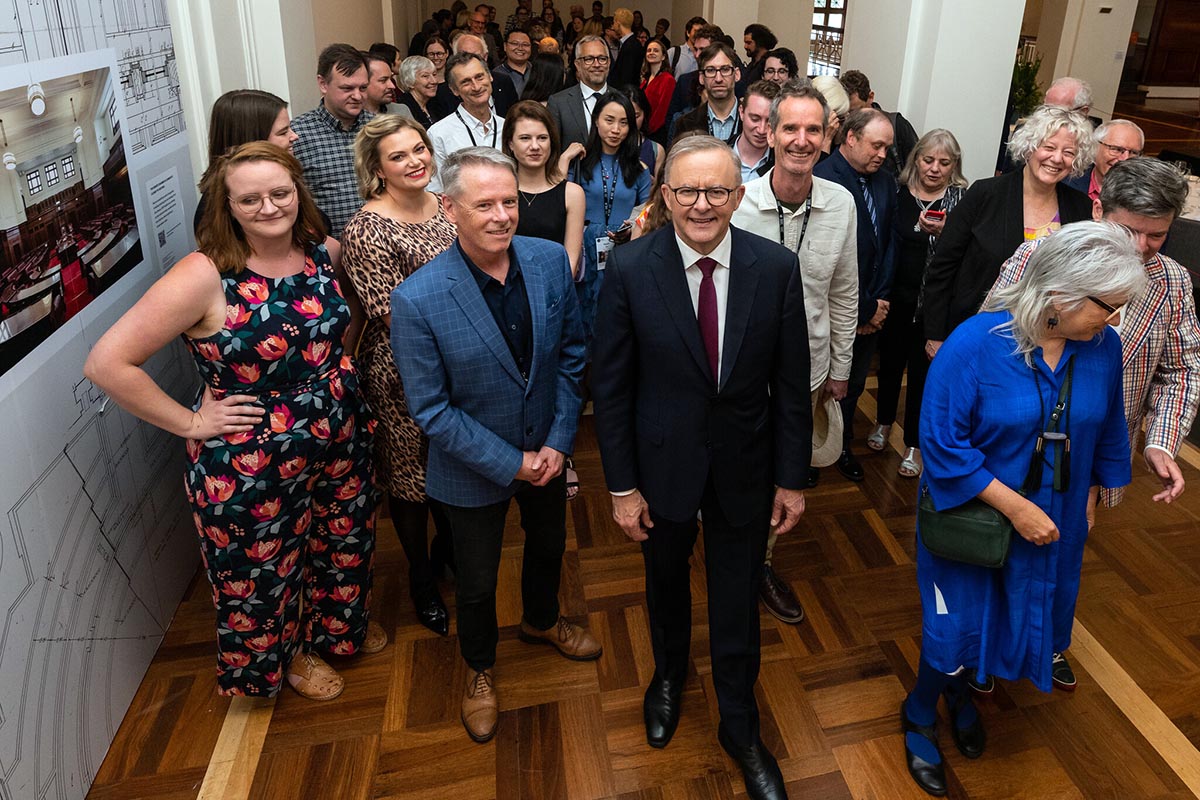Soundtrails Director Hamish Sewell recently presented at the InASA conference in Canberra. Aside from our prime minister dropping in, it was exciting to hear people talk about the value of stories and voices, and the importance of being able to archive them and make them available on multiple platforms.
The conversations around standards to increase opportunities for situated cultural data are heating up and the Soundtrails’ way of storing data in an STX file is more relevant than ever. What former Soundtrails chief developer Kris Randall wrote in 2020 still holds true. The idea was/is to develop a ‘platform-independent data format for storing and transmitting geo-locative stories’.
The Soundtrails platform captures the data of audio walks in our STX file format which is a subset of the KML file – with clearly defined data input and an emphasis on simplicity. Soundtrails audio walk data can ultimately be archived and potentially transferred to other systems.
Why are standards important for Soundtrails?
Archivability is important for us. Soundtrails champions the creative work of producers. We honour the stories recorded and placed on country and in the process we draw upon archives, original sounds and voices unique to a place. Our work, and the voices and stories will have an enduring quality.
Interoperability is important to us. We would like to see that our work or the work of independent producers can be delivered and marketed on other platforms. It is also important because we are increasingly working with Universities and schools integrating Soundtrails in their digital industry offerings. We’d love to support emerging artists and producers by making their work portable.
Conversations about standards
Just as the development of Web standards was crucial to the success of the internet, audio walks should have open standards for the data capturing geo-locative audio experiences as well as other augmented reality works.
We are aware of the fabulous initiatives such as the Australian Research Data Commons (ARDC) or the Time Layered Cultural Map project (TLCMap) and their set of tools for mapping Australian history and culture.
Furthermore, we are conscious of a multitude of Australian Government initiatives and university collaborations creating consistencies in how information is logged in geo-spacial datasets.
We have lots to learn here and we would welcome any thoughts you might have about this area.
Looking forward to hearing from you
Bettina

